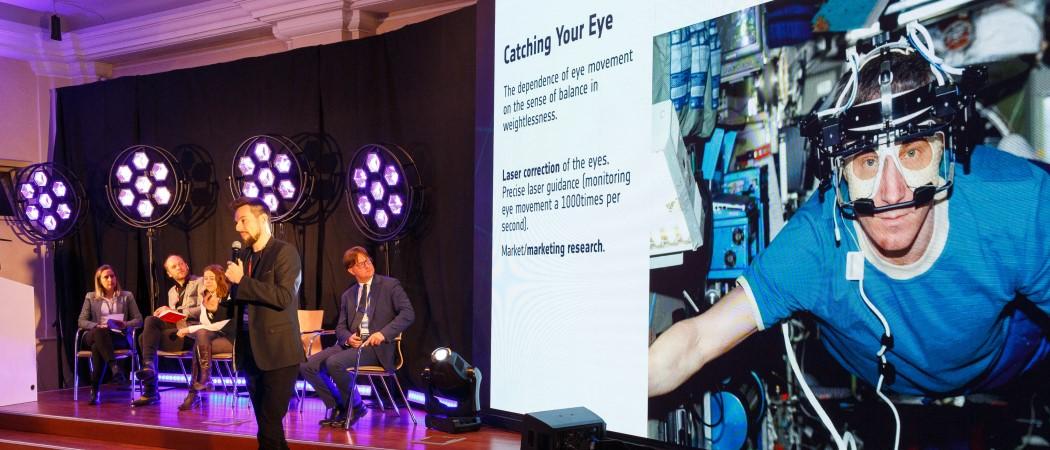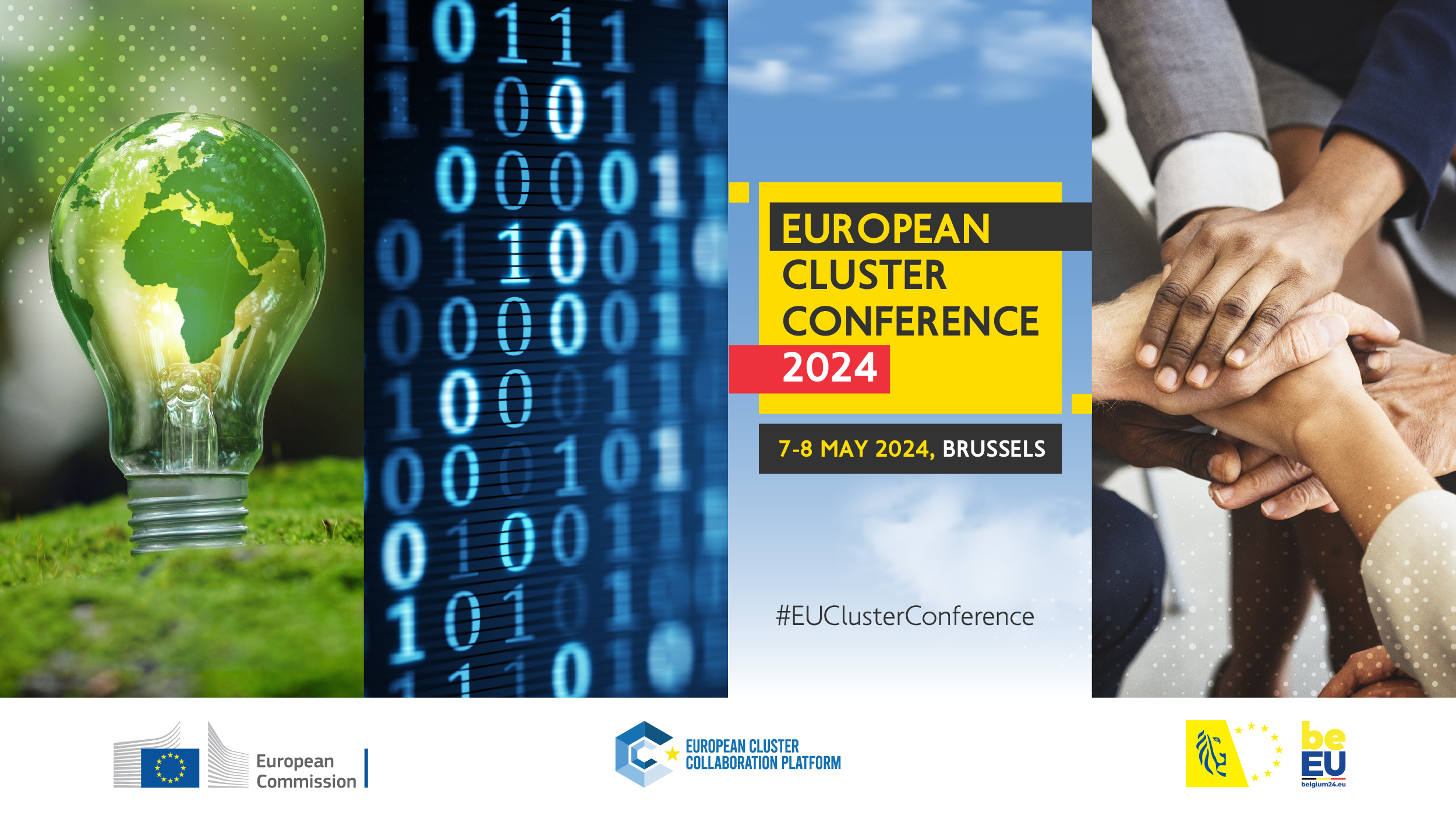To be held on 7-8 May at the Square – Brussels Convention Centre, the European Commission’s European Cluster Conference will zoom in on the role of clusters in building value chains and creating hotspots to attract investments in Europe.

Clusters can create hotspots that attract investments, forging new, and reshaping existing value chains in the EU, while securing the production capacity of critical inputs for manufacturing, energy, health, and defence. This dynamic will be the focus of the 9th edition of the European Cluster Conference, hosted by the European Commission, together with the Belgian Presidency of the Council of the EU, on 7-8 May at the Square convention Centre in Brussels.
The European Cluster Conference 2024 will be a meeting point not only for cluster organisations, but also for SMEs, large enterprises, start-ups, and regional, national, and EU policymakers, where they will discuss the role of clusters for EU industrial competitiveness.
Since 2008, the European Commission has organised the European Cluster Conference every two years to highlight the role of industrial clusters in delivering on the ground the main policy priorities related to industry. Clusters can be described as “geographic concentrations of interconnected companies and institutions in a particular field”, following Professor Michael Porter’s definition.
In the EU, there are approximately 1,500 clusters, such as Silicon Saxony in Germany, one of the strongest microelectronics clusters in Europe or the Aviation Cluster in Silesia, Poland, which help to transform regional economies towards higher value-added activities. Leading politicians regard these clusters as an important tool to reinforce trans-European value chains. According to Politico’s Playbook, Belgian Prime Minister Alexander De Croo, has said: “We need to support industry, since energy costs in Europe are way higher than in the U.S. and China, but it should happen at the European level, based on industrial clusters”.
The geographical proximity amongst different companies and institutions – including suppliers, service providers, universities, public authorities, research, and technology organisations– allows them to develop specialised expertise, share infrastructure and resources, benefit from innovation spill overs, and register international trademarks and patents together. That can result in increasing productivity at the micro level and hence help regions become more competitive.
According to a 2022 report by the European Cluster Collaboration Platform, the presence of cluster organisations in a region is positively linked to a number of regional competitiveness indicators, such as GDP per capita, the presence of human resources in science and technology, the presence of employed ICT specialists, the level of employment in technology and knowledge-intensive industries, public and private R&D expenditure, and number of patents.
Reinforcing and reconfiguring industrial value chains
Beyond regional competitiveness, clusters are key to developing industrial value chains across the EU. By stimulating collaboration, innovation, and entrepreneurship between different industries at cross-border and interregional levels, they enhance value chains and support their reconfiguration. There are different examples of this on the ground. The EU-funded project MINE.THE.GAP, which encompassed numerous European technology providers and adopters, especially SMEs, brought new products, services, and technologies to the market. The Silicon Europe alliance, in turn, brought together twelve micro- and nanoelectronics clusters from different EU Member States to form a transnational, research-driven meta cluster to strengthen the European semiconductor industry.
Cluster organisations – the legal entities that coordinate the interactions among the different companies and institutions in a cluster – play their own crucial role by incentivising networking and collaboration among them, providing business and innovation support to their members, and facilitating partnering with other clusters at national and EU level.






 A unique international forum for public research organisations and companies to connect their external engagement with strategic interests around their R&D system.
A unique international forum for public research organisations and companies to connect their external engagement with strategic interests around their R&D system.